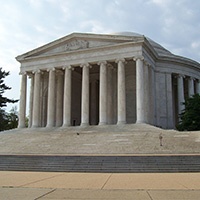Sheffield DUI-DWI Lawyer, Alabama
Not enough matches for Sheffield DUI-DWI lawyer.
Below are all Sheffield Criminal lawyers.
James Paul Atkinson
✓ VERIFIEDAccident & Injury, Divorce & Family Law, Lawsuit & Dispute, Criminal
James Atkinson is a practicing lawyer in the state of Florence, AL.
Lindsey Mussleman Davis
Divorce & Family Law, Accident & Injury, Criminal, Real Estate, Estate
Status: In Good Standing Licensed: 41 Years
James Elwyn Reese Irby
White Collar Crime, Criminal, Accident & Injury
Status: In Good Standing Licensed: 23 Years
Tyler Hamilton Brannon
Power of Attorney, Living Wills, DUI-DWI, Criminal
Status: In Good Standing Licensed: 12 Years


